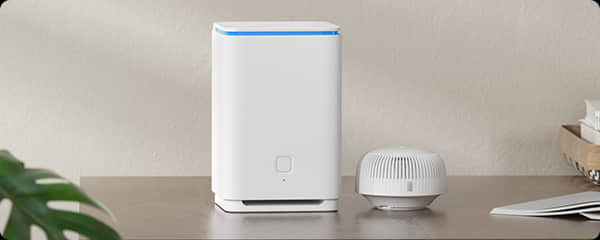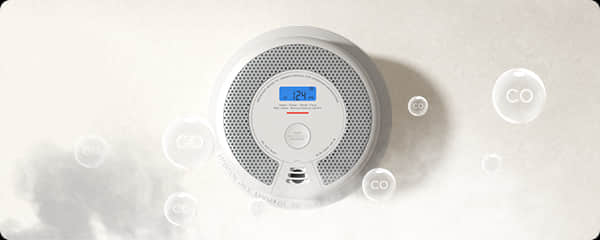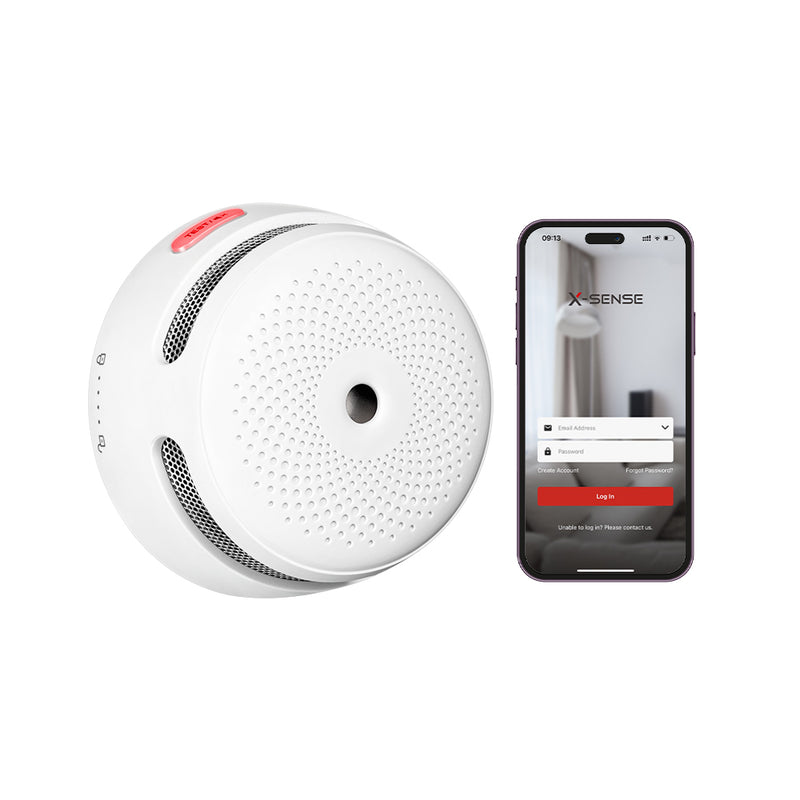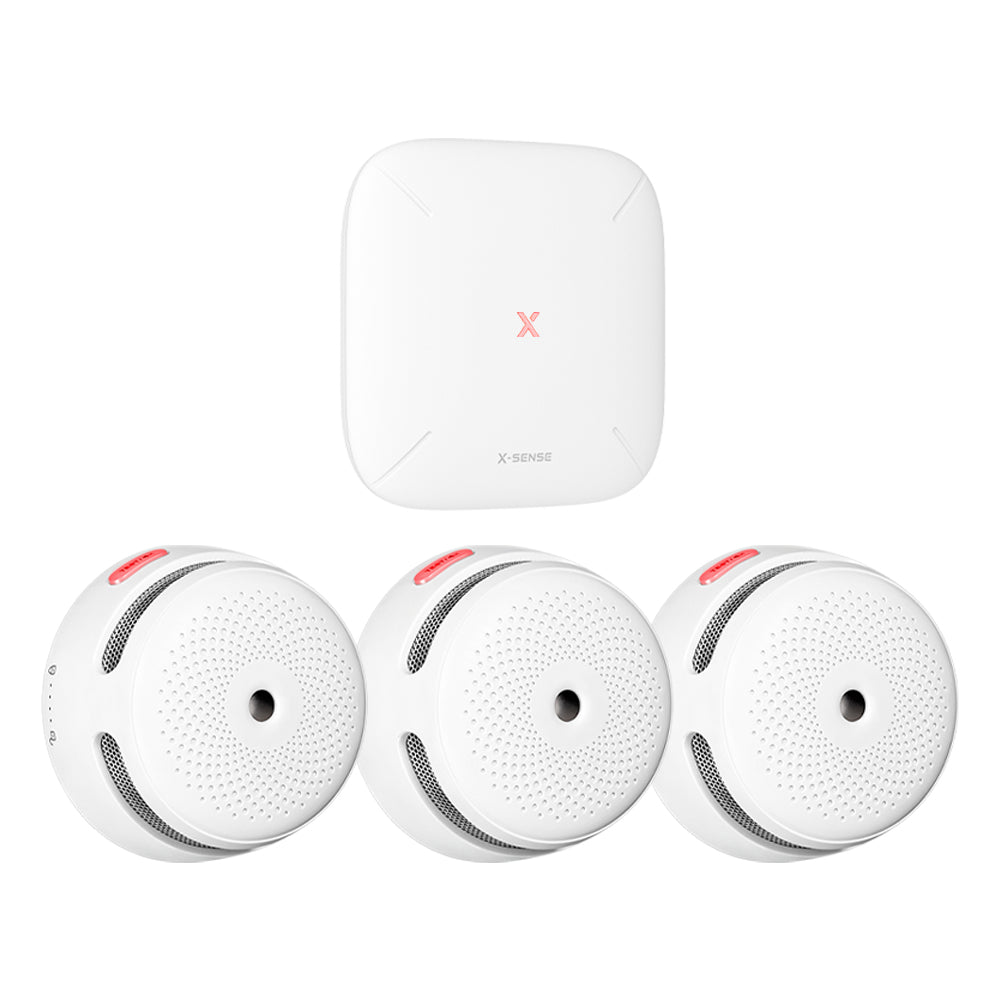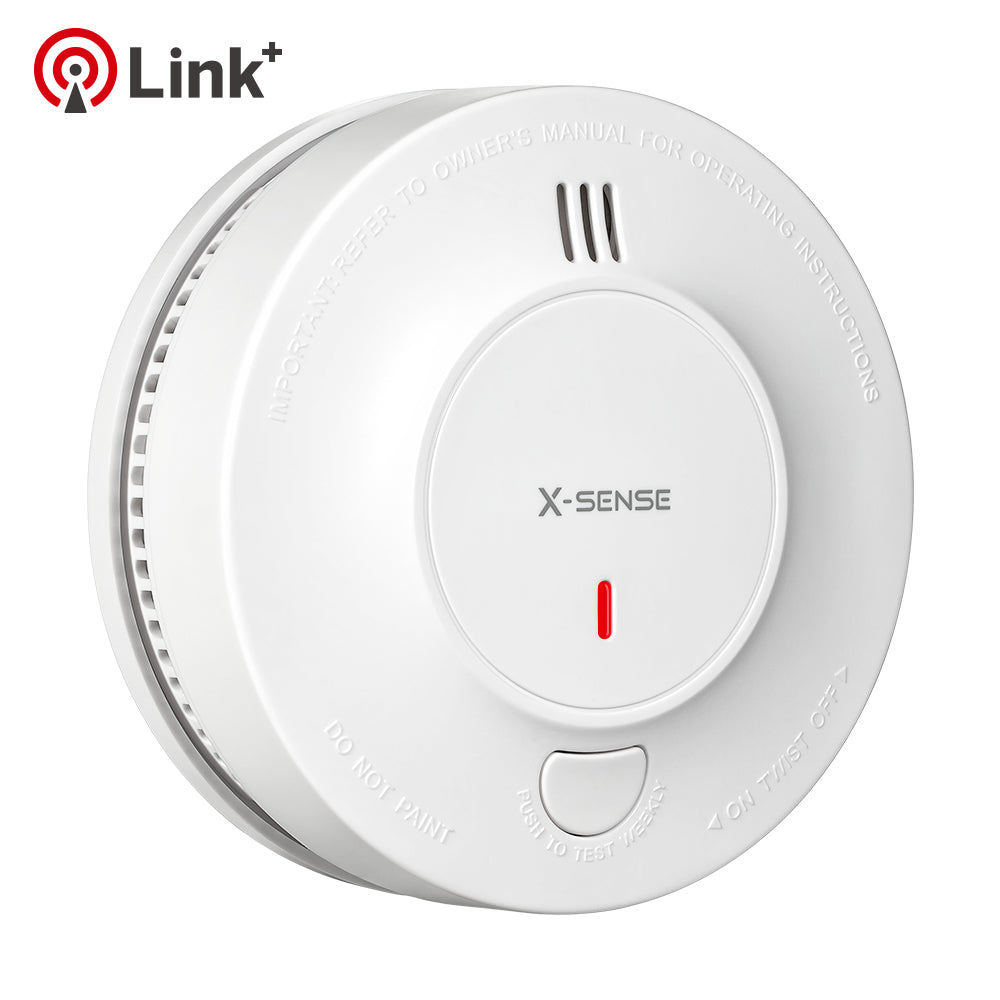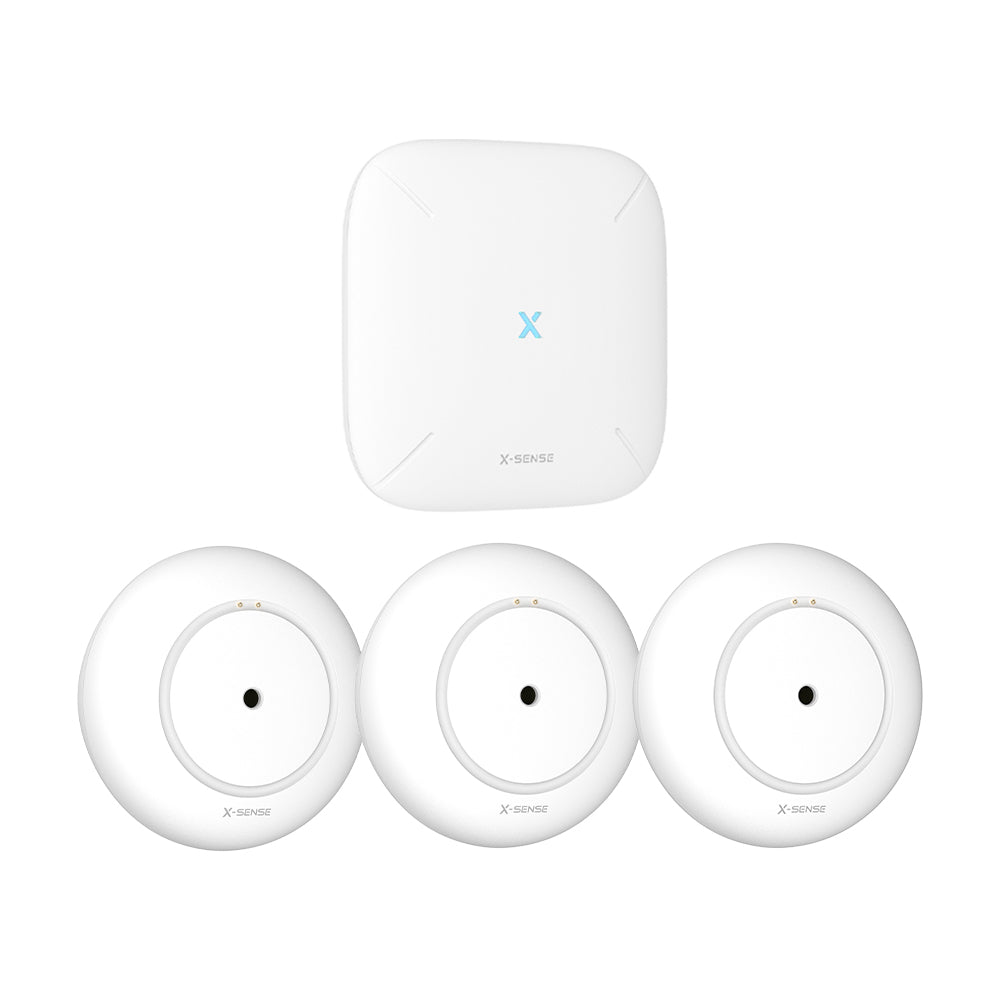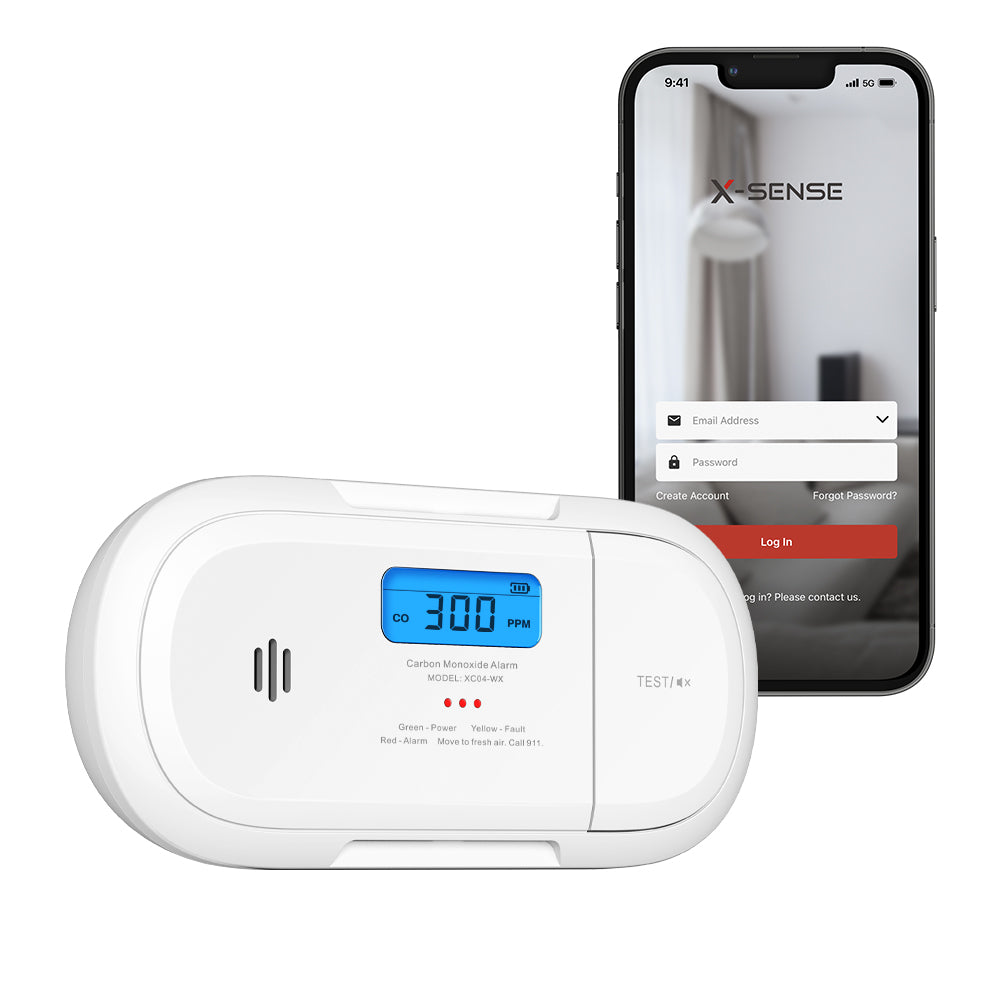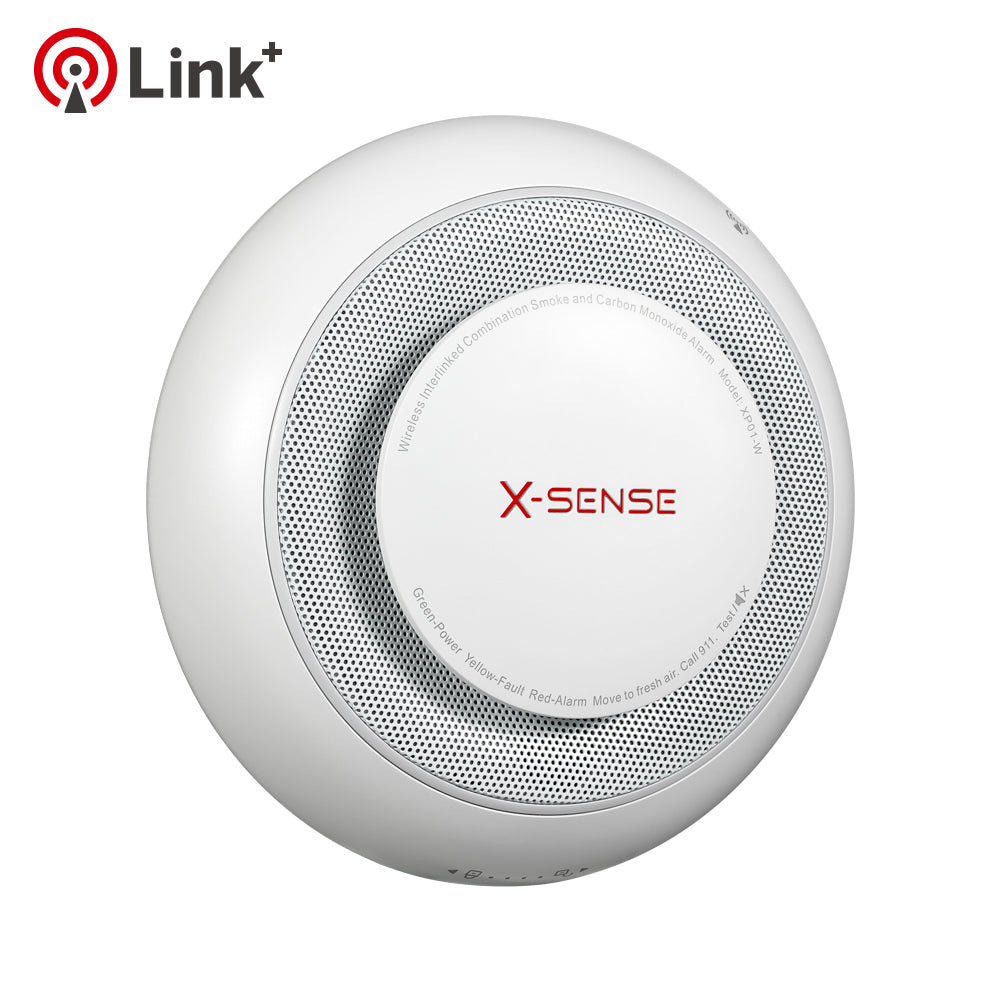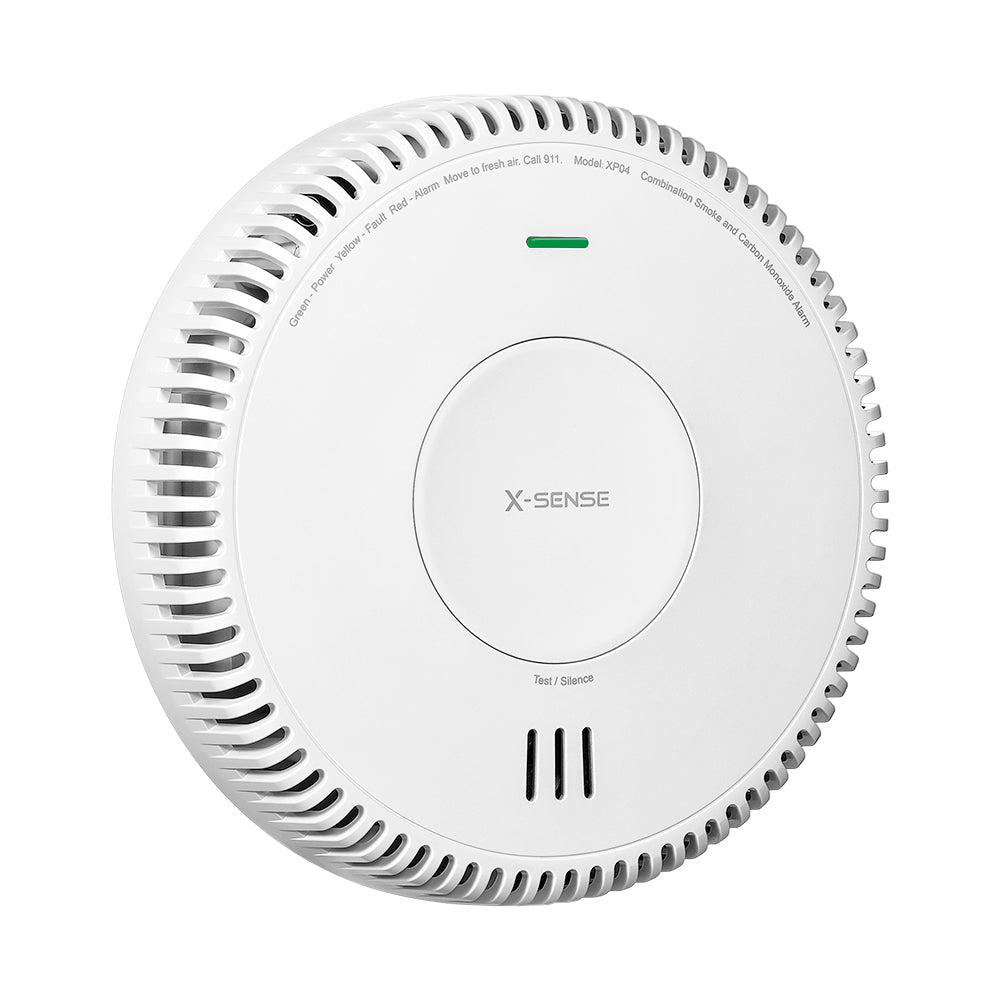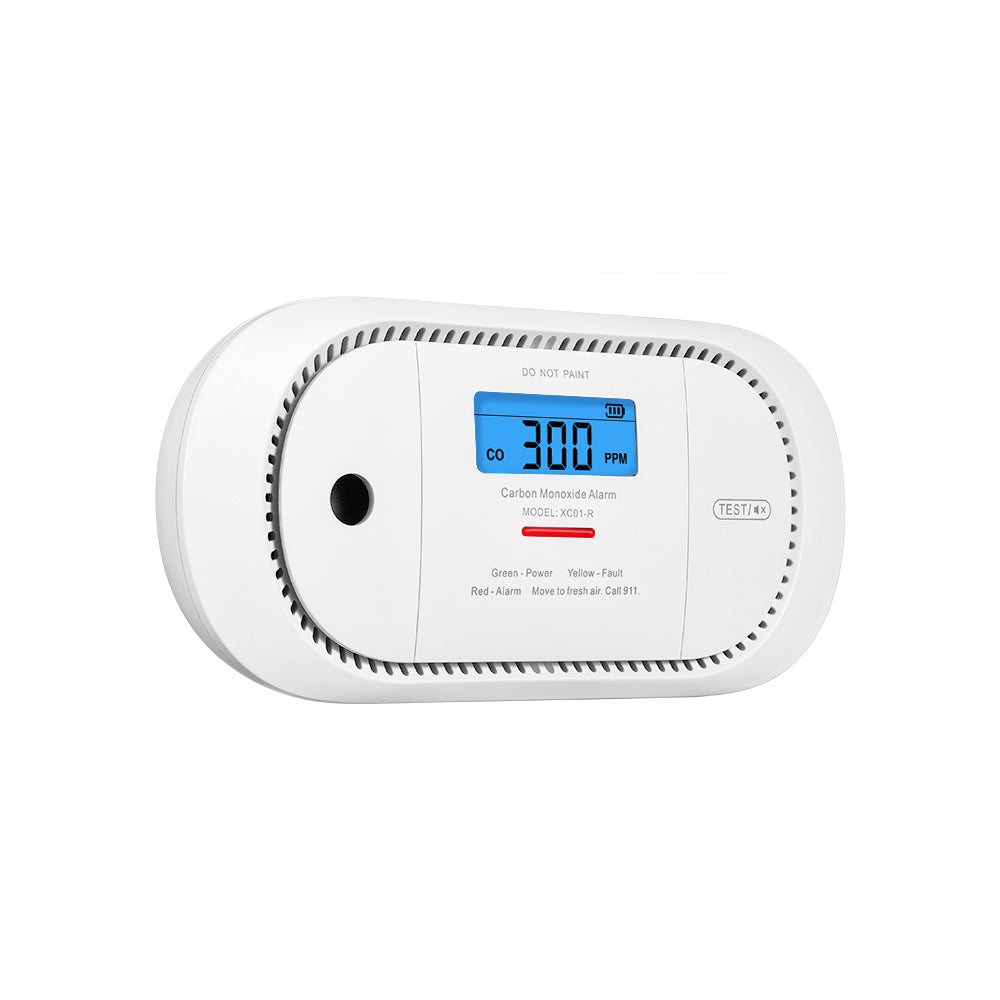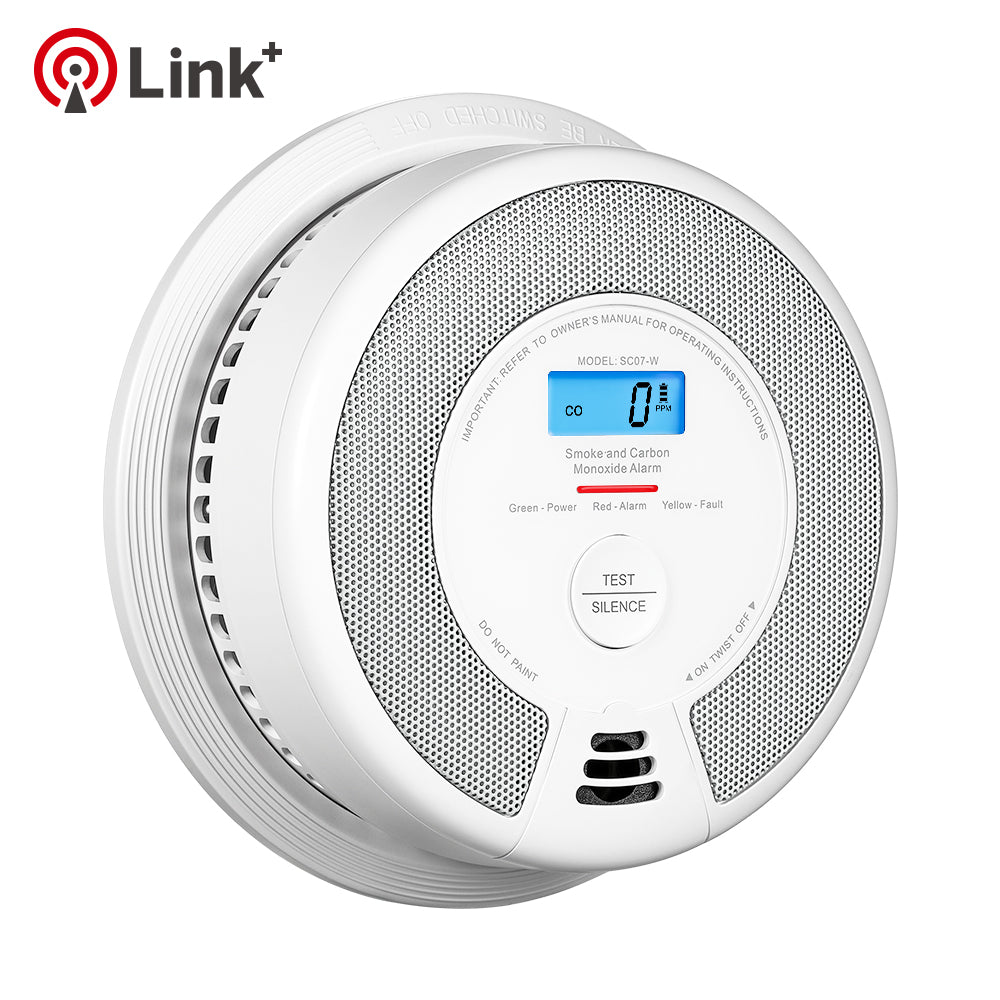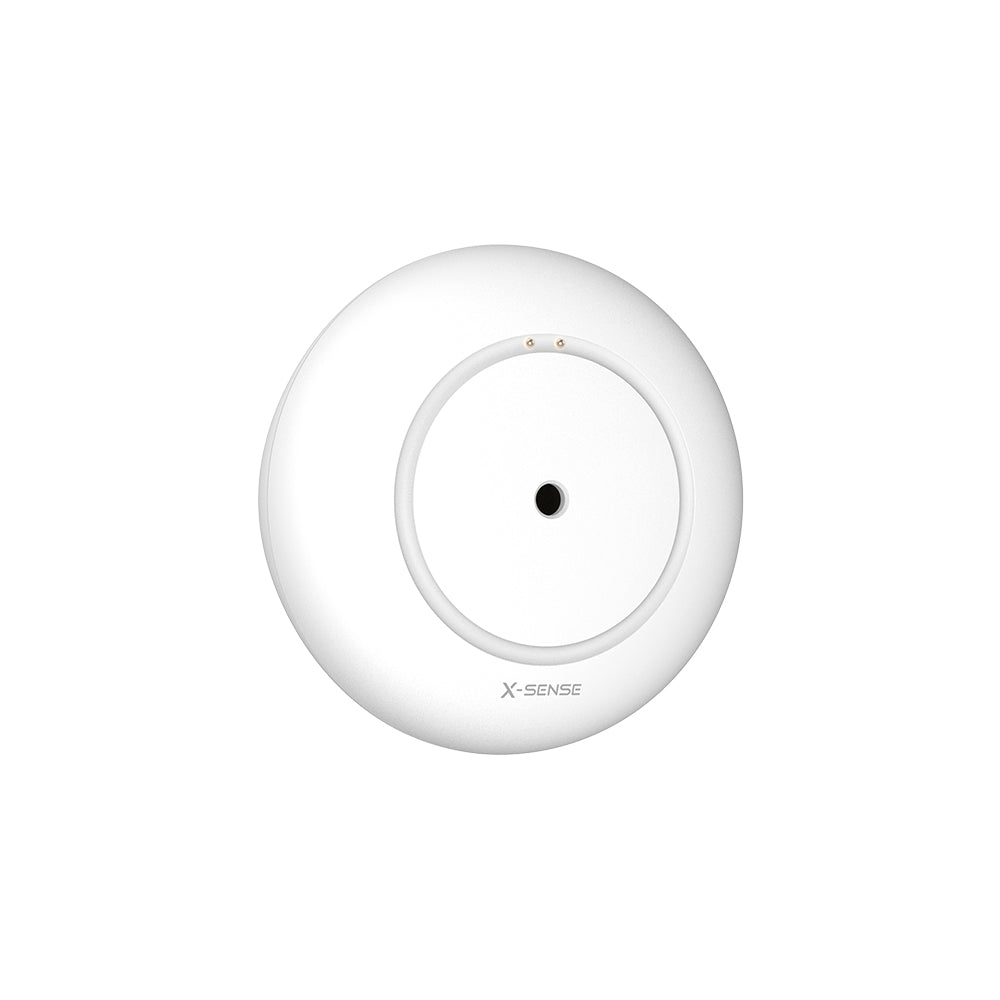Why Is My Smoke Detector Beeping? Troubleshooting Tips to Silence False Alarms
Mon, Apr 22, 2024
Smoke detectors play a crucial role in keeping our homes safe from fire hazards. They are designed to detect smoke and emit a loud, piercing sound to alert us in case of a fire emergency. However, there are instances when smoke detectors may start beeping without any apparent reason, causing frustration and confusion among homeowners. In this comprehensive guide, we will explore the common reasons behind smoke detector beeping and provide you with troubleshooting tips to silence those false alarms. So, let's dive in and unravel the mystery of your beeping smoke detector!
Understanding the Importance of Smoke Detectors
Smoke detectors are the first line of defense against fire emergencies, providing early warning signs that can save lives and prevent property damage. They are designed to detect the presence of smoke particles in the air and trigger an alarm to alert occupants to evacuate the premises.
Common Causes of Smoke Detector Beeping
1. Low Battery
One of the most common reasons for smoke detector beeping is a low battery. Periodic chirping sounds indicate that the battery needs replacement.
2. Dust and Dirt Buildup
Dust particles can interfere with the smoke detector's sensors, leading to false alarms. Regular cleaning and maintenance are essential.
3. Sensor Malfunction
Steam, Water Vapor, and Cooking Fumes, Interference from steam, water vapor, and cooking fumes (common in kitchens and bathrooms) can often cause smoke detectors to beep or trigger false alarms. To minimize these disturbances, it is advisable to install smoke detectors at least 1.5 meters away from such sources. This distance helps to ensure that the detectors are not overly sensitive to normal amounts of steam or smoke from everyday cooking and showering, thus reducing the frequency of nuisance alarms.
4. Sensor Malfunction
If the sensors become faulty or dirty, they may trigger false alarms.
5. Electrical Issues
Faulty wiring or power surges can disrupt the normal operation of smoke detectors, leading to false alarms.
Troubleshooting Tips to Silence False Alarms
- Replace the Battery
- Clean the Smoke Detector
- Test the Smoke Detector
- Check for Electrical Problems
Frequently Asked Questions (FAQ)
Q1: Why does my smoke detector beep every few minutes?
A1: It is likely due to a low battery. Replace the battery with a fresh one to silence the beeping.
Q2: How often should I replace the batteries in my smoke detector?
A2: It is advisable to consult the manufacturer's instructions to determine the appropriate frequency for replacing your smoke detector's batteries, as this can vary depending on the model. Some detectors might need their batteries replaced annually, while others are equipped with long-life batteries that last up to 10 years and are not replaceable. In such cases, the entire unit should be replaced once the battery reaches the end of its life. Regular monthly testing of your smoke detectors is recommended to ensure they are functioning correctly and to maintain safety.
Q3: Can I use a vacuum cleaner to clean my smoke detector?
A3: While there are vacuum cleaners specifically designed for cleaning electronic equipment, it's generally recommended to use a soft brush or a can of compressed air instead to avoid damaging the sensors.
Q4: What should I do if my smoke detector keeps beeping after troubleshooting?
A4: Contact a professional technician or the manufacturer's customer support for further assistance.
Q5: Are there any alternative smoke detection methods?
A5: Yes, consider interconnected smoke detectors, heat detectors, and smart smoke detectors for enhanced safety.
Q6: How Often Should I Test My Smoke Detector?
A6: It is recommended to test your smoke detector weekly. Regular testing helps to confirm that the alarm is operational and can effectively alert you in case of an emergency. Testing can be quickly done by pressing the "test" button on the unit to ensure it sounds as it should. If your smoke detector fails to emit a sound during the test, it may need a battery replacement or further maintenance. Regular testing is a simple yet crucial step in ensuring your home's safety from fires.
Conclusion
By understanding the common causes of smoke detector beeping and following the troubleshooting tips provided, you can effectively silence thoseannoying false alarms. Remember, regular maintenance and timely battery replacement are key to ensuring your smoke detectors function properly and keep you safe. Be proactive in addressing any issues with your smoke detectors to prevent unnecessary stress and maximize your home safety.
